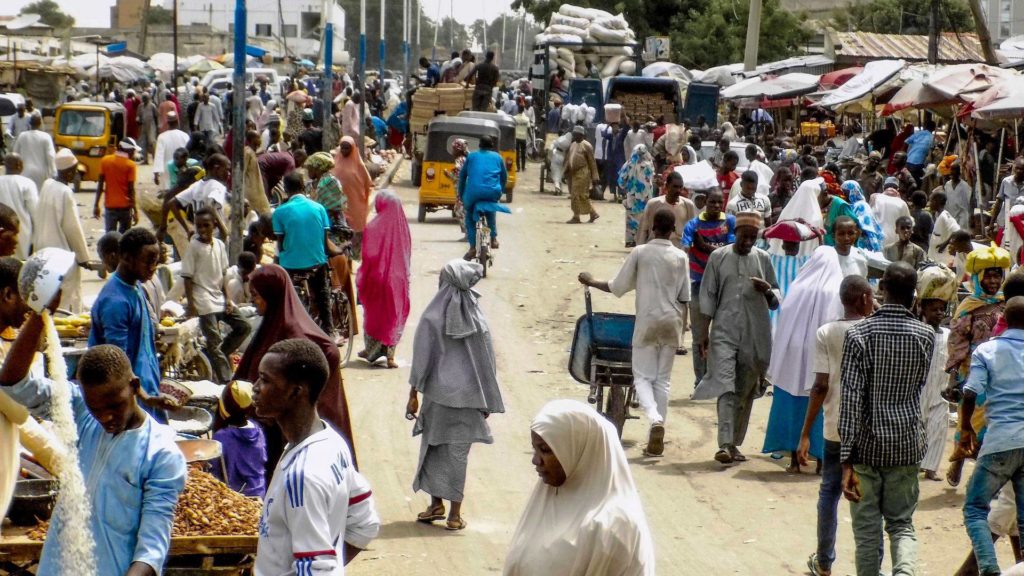Want to lose money in one of Africa’s biggest markets? Put it to work in Nigeria.
Despite sitting on nearly 40 billion barrels of proven oil reserves and over $48 billion worth of investment opportunities in the oil and gas sector, Africa’s largest economy is mired in problems with big corporate investors as president Muhammadu Buhari readies his second-term after a swearing-in ceremony scheduled for May 29.
Nigeria is Africa’s largest economy in terms of nominal GDP. South Africa comes in second, even though its GDP per capita is roughly five times that of Nigeria. It’s Nigeria’s abundant commodity resources that make it so big. But it’s Nigeria’s government that keeps it from getting bigger, and richer. Nigeria has the potential to generate over 12,000 megawatts of electricity daily. On most days, it generates around 4,000 megawatts.
A March 25 documentary by the BBC, Africa Eye, said half of Nigeria’s population has no access to electricity and those that do face daily power cuts that can last for hours.
Nigeria has Africa’s largest gas reserves, some 190 trillion cubic feet. Yet for all of this great oil and gas wealth, the country’s electrical grid is a charade.
CENTER FOR AFRICAN STUDIES
Center for Africa Studies (AFRAM) which located in Ankara, is an organization facilitating under the administration of African Affairs Council (AFAC). It makes various researches about Africa to enhance economic and cultural bounds between Africa and Turkey. AFRAM’s publishings has been shared with different institutions as they require to obtain.
AFRICA OBSERVATORY
Africa Observatory is one the publishing of AFRAM and it has been published each two weeks. It has been delivered to different institutions via e-mail.
